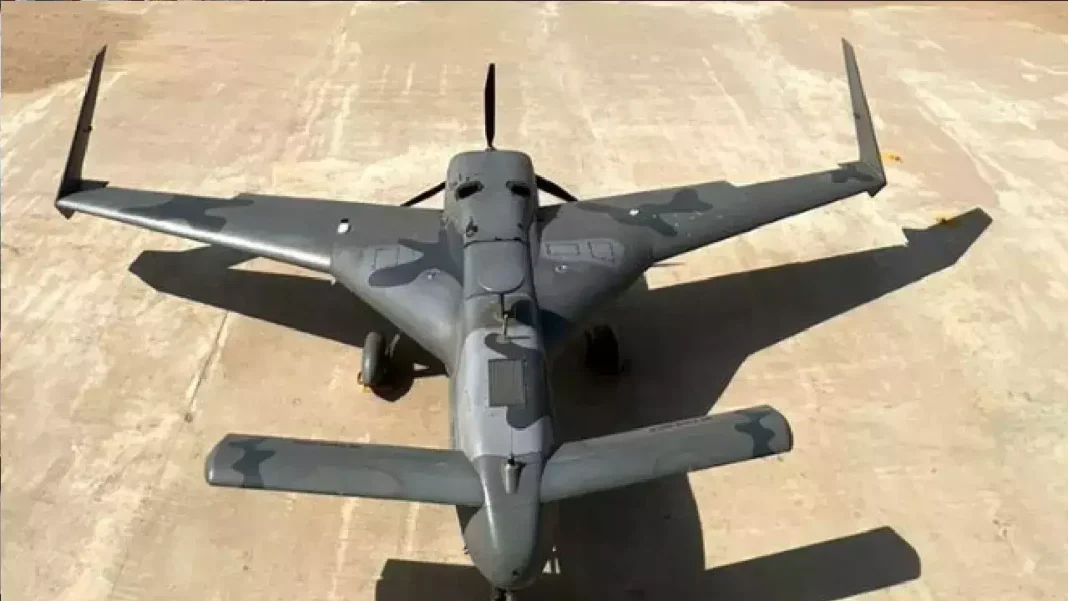Chinese consumer goods are cheap and perhaps, not very cheerful, because they are not reputed to be long-lasting. Now, Pakistan finds that the same may apply to some of the weapons it buys from China. And this includes critical, expensive equipment like UAV or unmanned aerial vehicles and air to ground missiles.
ALIT, a Chinese firm, makes the CH-4 UAVs. During recent checks, the Pakistan army found that part of the “exhaust manifold,” was found broken. In another UAV, there was a crack in the turbocharger. There are problems in the “Muffler spot” connected to the engine mount. UAVs are primarily used to locate enemy troops and weaponry and send visuals of them back in real time. The absence of UAVs is a setback when it comes to the getting of tactical information.
Similarly, when AR-2 air-to-ground missiles was undergoing a “power on self-check” test, it was found that one missile (Serial Number 15) had seeker failure. This makes the missile non-functional as it would not be able to find the target.
The Pak Army has sent the faulty seeker to China for repair or replacement. If the air-to-ground missiles do not work, the Pakistan Air Force’s ground-attack warplanes will have fewer weapons to use against targets on the ground.
With the Pakistan armed forces concerned about the UAVs from China, it is looking to buy UAVs from the West. It has reached out to Schiebel, an Austrian firm, for its S-100 UAV. It has sought information about the performance of the UAV from Schiebel. The UAV can fly at a maximum of 5,500 metres and has a range of 180 km. It can fly at about 185 km per hour with a maximum endurance of six hours.

